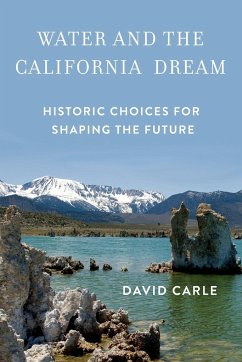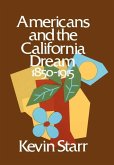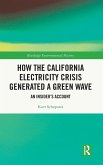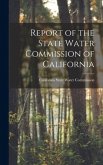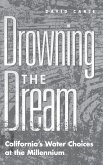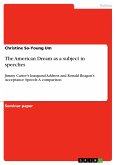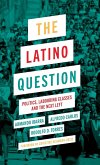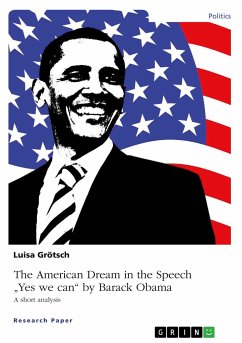"Imported water has transformed the Golden State's environment and quality of life. Land ownership patterns and real estate boosterism dramatically altered both urban and rural communities across the entire state. The key has been redirecting water from the Eastern Sierra, the Colorado River, and Northern California rivers. 'Whoever brings the water, brings the people,' wrote engineer William Mullholland, whose leadership began the process of water irrigating unlimited growth. Using first-person voices of Californians to reveal the resulting changes, Carle concludes that now is the time to stop drowning the California Dream. With extensive use of oral histories, contemporary newspaper articles and autobiographies, Carle provides a rich exploration of the historic changes in California, as imported water shaped patterns of growth and development. In this thoroughly revised edition, Carle brings that history up to date, as water choices remain the primary tool for shaping California's future. In a land where climate change is exacerbating the challenges of a naturally dry region, the state's damaged environment and reduced quality of life can be corrected, Carle argues, if Californians step out of the historic pattern and embrace limited water supplies as a fact of life"
Hinweis: Dieser Artikel kann nur an eine deutsche Lieferadresse ausgeliefert werden.
Hinweis: Dieser Artikel kann nur an eine deutsche Lieferadresse ausgeliefert werden.

